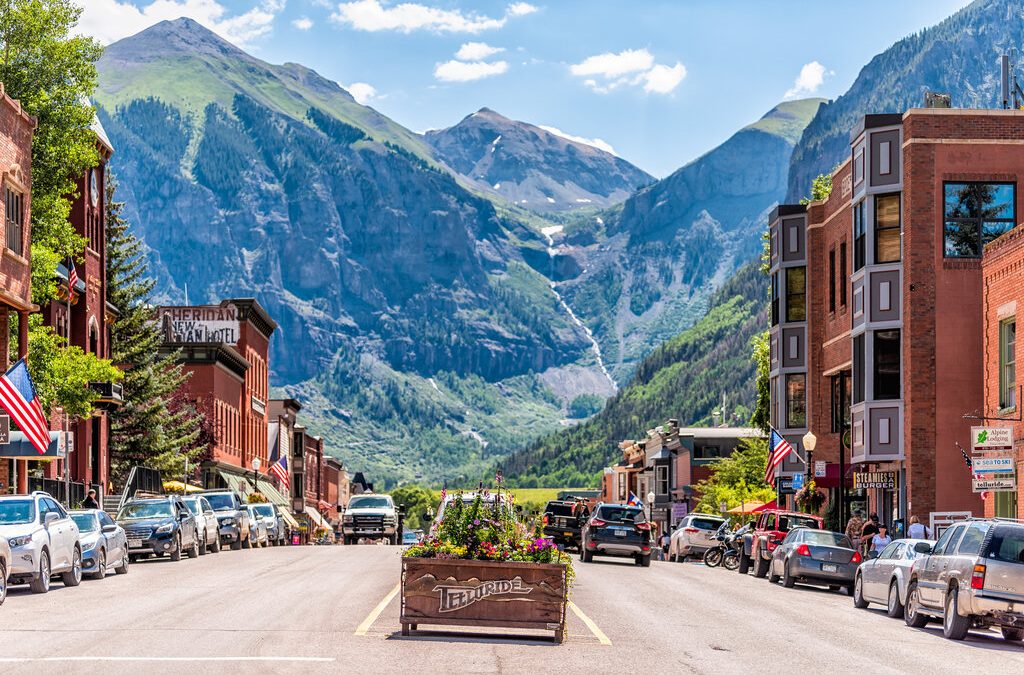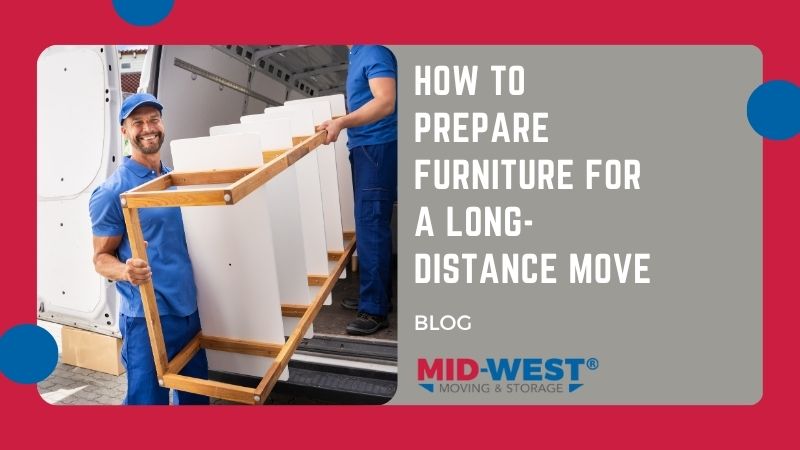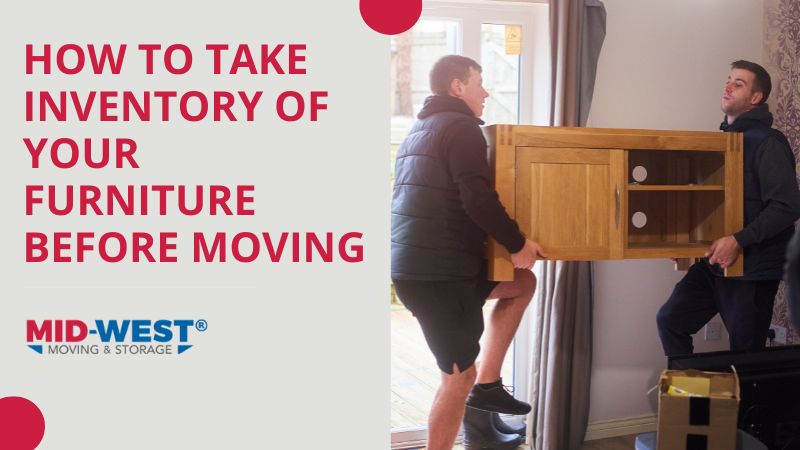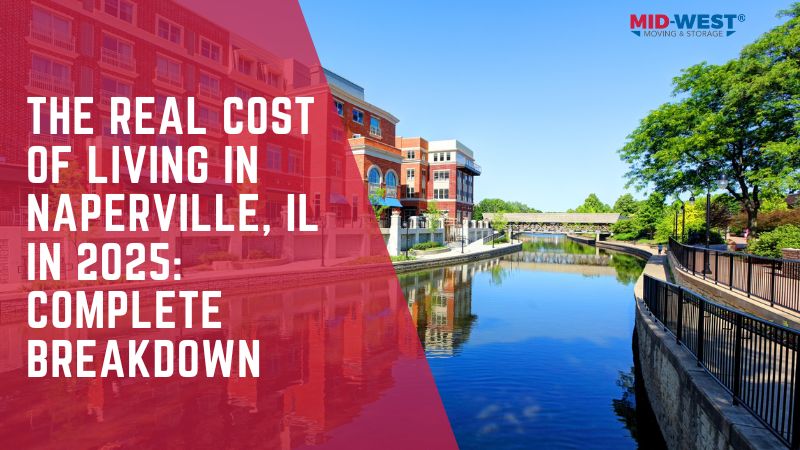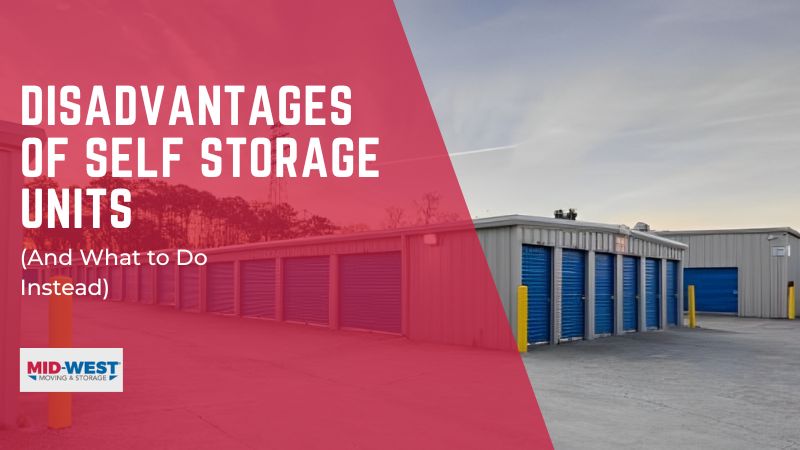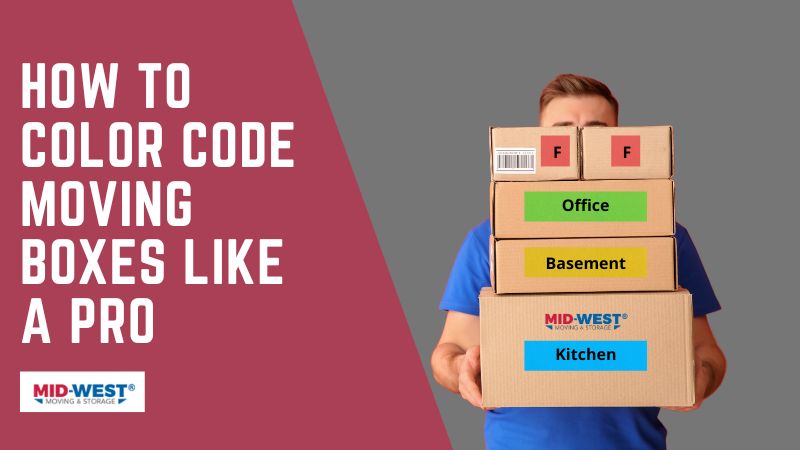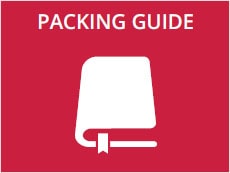Last Updated on December 18, 2023 by Kari-Ann Ryan
The US is a nation of small towns. As current and former small-town residents can attest, living in less-populated regions has its unique sets of advantages and disadvantages. If you are considering moving, it’s important to know the pros and cons of small-town living.
The US Census Bureau estimates that our country’s population is 328.2 million. Fewer than 5,000 people live in approximately 76 percent of the nation’s 19,500 incorporated places. Less than 500 individuals live in about 42 percent of these incorporated areas.
Small town populations can be further illustrated by comparing the number of our nation’s residents who live in large cities. While 206.9 million people live in an incorporated place, only four percent of major cities have populations of over 50,000; about 127.8 million people live in these cities.
Across all US regions, the US Census Bureau finds uneven growth in small towns with populations of less than 5,000. Small towns in the West have seen the largest growth, with the South following closely behind. Midwestern and Northeastern small towns have seen a slight decrease in growth.
Other than cities, where populations can reach 250,000 or more, families might consider any of three small town options: suburbs (large, midsize and small); towns with populations between 25,000 and 50,000; and rural communities that exist outside of urban locales.
Pros of Living in a Small Town
1. Opportunities for Financial Growth
Although cities are filled with a wealth of opportunities, small towns have their own draws. For instance, young families may want to consider moving to a small town to meet their financial goals. After all, city living is expensive; and small-town life allows residents to build up their finances.
The cost of living is generally much lower in small towns. Home prices, the cost of rent, groceries and consumer goods and services are a fraction of the cost of what they would be in major metropolitan areas. The cost of living index is a good measure of these differences.
The average US cost of living index is 100. Located in central Illinois, Washington, for instance, with its population of 16,000, has a cost of living index of 84. Compare this small town with Chicago, just a few hours away, and the cost of living index spikes to 106.
2. Natural Scenery
On the other hand, simple pleasures may be found only in small towns. A drive through the winding roads in small towns, like Strafford, Vermont, leads to breathtaking views of tree-lined streets and starry skies overhead. Beautiful natural scenery nourishes both the body and soul.
3. Security
Although crime is higher in cities, small towns are not averse to crime. In fact, some small towns are ridden with crime. But for those small towns that can boast a low crime rate and minimal vandalism, auto and home insurance premiums will be lower for residents.
Many small-town residents feel an incredible sense of security living in their homes. Small towners are even known to leave their doors unlocked when they go to work. A sense of personal security is important, especially for the elderly and families.
4. Familiarity
In a small town, you often know your neighbors, local business owners, and community members on a personal level. This creates a strong sense of community and can lead to a support system that is readily available. Additionally, living in a small town often means that you are familiar with the local area, including the best spots to eat, shop, and enjoy recreational activities. This familiarity can make you feel more connected to your surroundings and provide a sense of comfort and belonging.
This feeling of security is amplified by the fact that most small-town residents know each other. When a homeowner paints the house, everyone notices. Personal attention can be beneficial. A resident just might find the wrench he was looking for on his porch step when he returns from work.
5. Larger Spaces
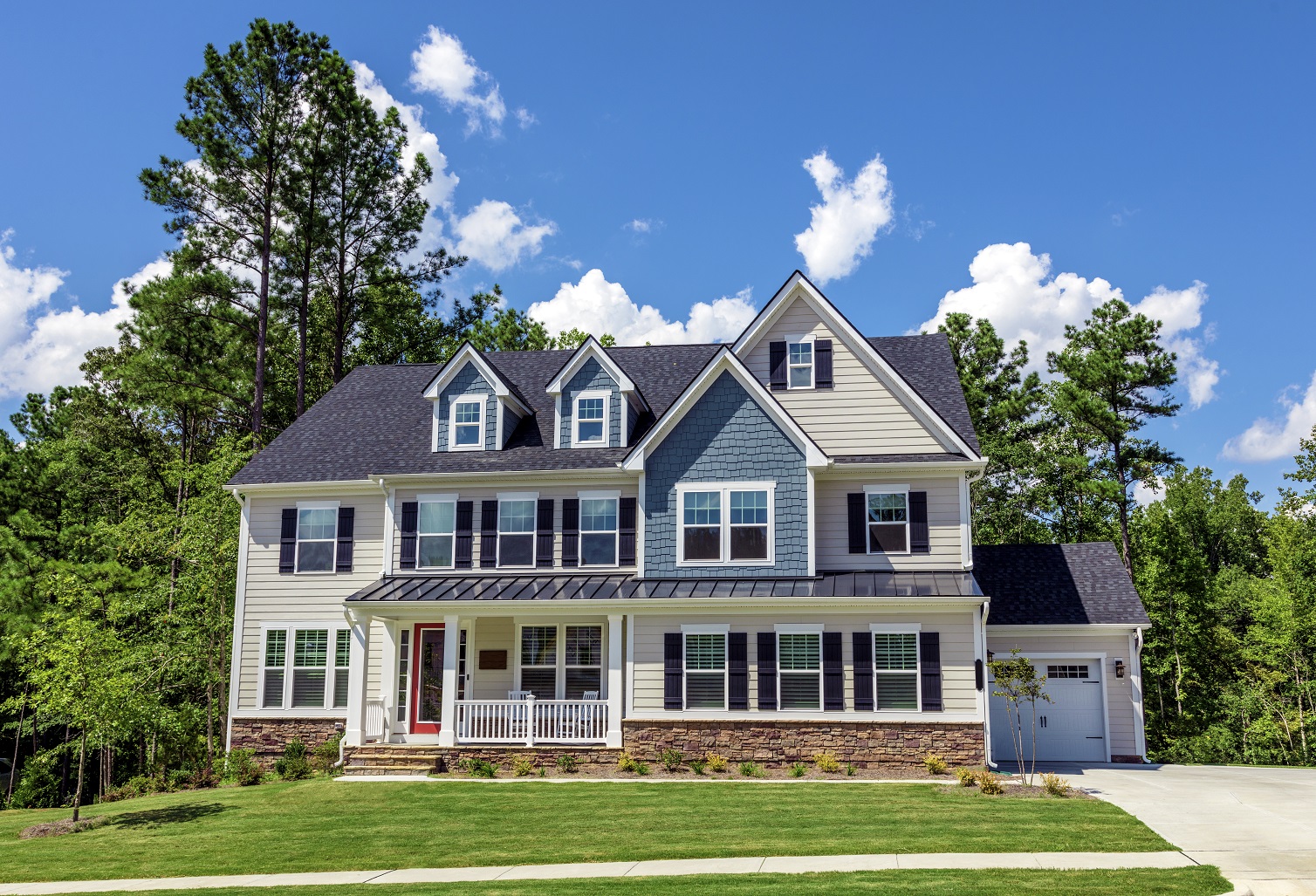 Unlike crowded cities, small towns often offer more spacious living arrangements. This means that you can have a bigger house or apartment, with more room for your belongings and activities. Additionally, small towns usually have larger yards and outdoor spaces, allowing you to enjoy nature and have more privacy. Having larger spaces in a small town can provide a sense of tranquility and a peaceful environment to live in. However, it’s important to note that larger spaces also come with their own set of responsibilities, such as higher maintenance costs and the need for more effort in cleaning and organizing.
Unlike crowded cities, small towns often offer more spacious living arrangements. This means that you can have a bigger house or apartment, with more room for your belongings and activities. Additionally, small towns usually have larger yards and outdoor spaces, allowing you to enjoy nature and have more privacy. Having larger spaces in a small town can provide a sense of tranquility and a peaceful environment to live in. However, it’s important to note that larger spaces also come with their own set of responsibilities, such as higher maintenance costs and the need for more effort in cleaning and organizing.
6. Less Traffic
Small towns offer a more relaxed and peaceful driving experience. Commuting to work or running errands becomes much easier and quicker without long queues of cars and endless traffic jams. This not only saves time but also reduces stress levels associated with navigating through heavy traffic. Additionally, less traffic means fewer accidents and a safer environment for both pedestrians and drivers. However, it’s worth mentioning that this can also be a con for some individuals who prefer the hustle and bustle of a busy city and thrive on the energy it provides.
7. Health Benefits
One of the main advantages is the reduced pollution levels compared to big cities. Small towns typically have cleaner air and fewer pollutants, which can contribute to better respiratory health and overall well-being. Additionally, small towns often have a closer-knit community and a slower pace of life, which can lead to lower stress levels and improved mental health. Access to nature and outdoor spaces is usually more abundant in small towns, providing opportunities for physical activity and promoting a healthy lifestyle. However, it is important to acknowledge that limited healthcare facilities and specialized medical services may be a drawback of living in a small town.
Cons of Living in a Small Town
1. Fewer Well-Paying Jobs
While living expenses are lower in small towns, residents have fewer well-paying job opportunities. Service industries, such as those in healthcare and professional services, are growing fast—but they are concentrated in urban areas. Even upon finding a good job in a small town, the commute will be lengthy.
2. Lack of Entertainment
Along with driving further each day to work, small town residents will have to travel to large cities for big-name entertainment. Add the costs of gas, dinner and hotel, and the nights out will add up to an enormous expense for small town dwellers.
3. Costly Transportation
In order to get around in a small town, residents will need a car. Along with the car come maintenance expenses, as well as gas, insurance, and licensing. But in major cities, public transportation is the cheaper alternative. In cities, like Chicago and New York, owning a car is unnecessary.
Airfare comes at a steep price for small town residents. This is due to the fact that small towns may have only one municipal airport, if they have one at all. Connecting with a major airline requires booking an extra flight to a larger airport.
4. Informality
While familiarity can be boon, it can also be, at times, a nuisance. Over-friendly neighbors may simply walk through a neighbor’s unlocked front door without ringing the doorbell. Or, a five-minute trip to the post office can turn into an hour-long event upon meeting a chatty acquaintance.
5. Harder Access to Medical Services
Small towns often have limited healthcare facilities and resources. This means that residents may have to travel longer distances to access specialized medical care or treatment options. Additionally, small towns may have a shortage of healthcare professionals, leading to longer wait times for appointments or limited availability of certain medical services. However, it is worth noting that small towns often have a close-knit community where neighbors support each other, and there may be a stronger sense of community and personal connection with healthcare providers.
6. Fewer Educational Opportunities
Often, small towns have fewer schools and educational institutions compared to larger cities, which means that residents may have limited options when it comes to choosing a school or pursuing higher education. This can be especially challenging for students who are looking for specialized programs or courses that may not be available in their local area. Additionally, small towns may lack resources and funding for educational initiatives, resulting in a lower quality of overall education.
Choose a Professional Mover
The charm of small towns is attractive to many in the US. However, the drawbacks can spur residents to reconsider their living situation. When the pros of moving to a small town outshine the cons, it’s time to consult a professional local mover, like Mid-West Moving & Storage.
As a moving company with ties to National Van Lines, Mid-West Moving & Storage will seamlessly transport your belongings to or from Chicago. Our specialists coordinate all aspects of the move, from the initial planning to the packing, thus ensuring a successful, stress-free relocation.
Mid-West Moving & Storage crews utilize a specialized seven-step packing process to keep your fragile belongings secure. Our moving equipment is designed to protect your furniture and other valuable property. If you need packing or unpacking services, we will take care of both.
As a leader in residential moving for nearly three decades, Mid-West Moving & Storage is prepared to safely transport your belongings to your new destination on time and within budget.
Contact Us
Call us 847-593-7201 or fill out a contact form for a free estimate for a move into or out of any type of residential home.

